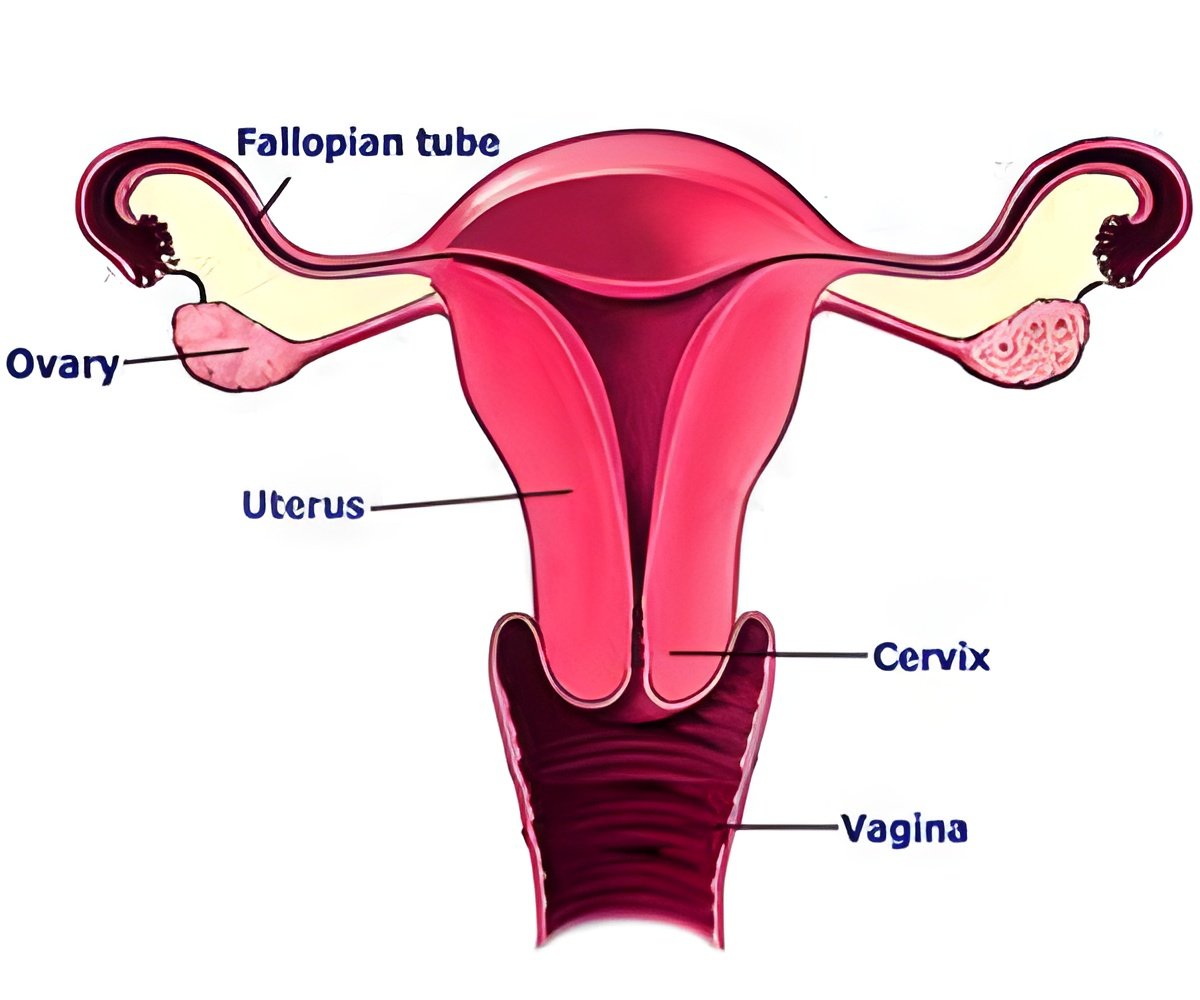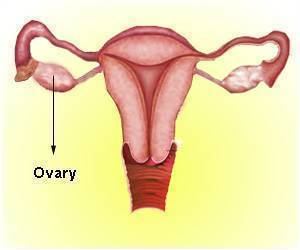
"It's like we've made a re-enactment of the battle of Troy but on the tiniest scale. In Troy, the Greeks fooled the Trojans into accepting a hollow horse full of soldiers - we've managed to trick cancer cells into accepting drug-filled microparticles," said Dr Davidson Ateh.
Dr Ateh and his colleagues found that by coating tiny microparticles of around a hundredth the diameter of a human hair with a special protein called CD95, they could in fact trigger cancer cells into ingesting these particles.
The particles could also deliver a dose of a common chemotherapy drug called paclitaxel.
The key to their success is that CD95 attaches to another protein called CD95L, which is found much more commonly on the surface of cancer cells than it is on normal healthy cells.
Once attached, the cancer cells ingest CD95 and the microparticle with it.
Advertisement
"Other researchers had already noticed that cancer cells may use this CD95-CD95L arrangement to avoid being destroyed by the immune system, which is why they display more CD95L than normal cells. We've managed to turn this to our advantage and hijack the cancer cell's own trick-of-the-trade to get our 'Trojan Horse' through the gate," added Dr Ateh.
Advertisement
The study will be published next week in the journal Biomaterials.
Source-ANI












